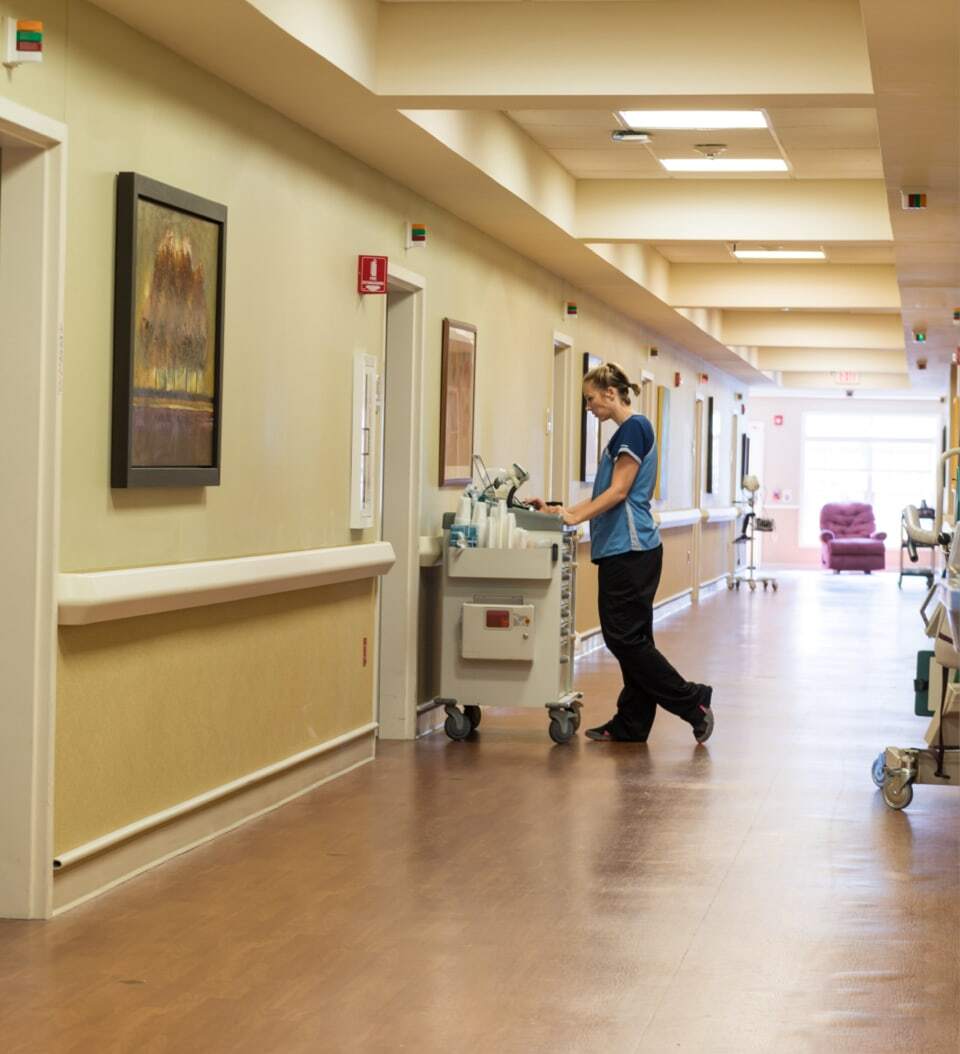Respite care is a vital type of short-term care designed to provide relief to primary caregivers who are dedicated to caring for individuals with disabilities, chronic illnesses, or age-related conditions. This essential service allows caregivers to take a much-needed break, which is often crucial for their own well-being and mental health. Respite care can vary in duration, ranging from just a few hours to several weeks, depending on the needs of the individual and the caregiver.
During this time, trained professionals or volunteers step in to ensure that a caregiver’s loved one receives the support and supervision they need, whether this is at home or in a specialized care center. The main purpose of respite care is to give caregivers the opportunity to recharge, to attend to their own personal needs, or to simply take a break from the demanding responsibilities of caregiving.
This not only benefits the caregivers, but also enhances the quality of care provided to those they support, as caregivers return refreshed and better equipped to manage their responsibilities.
Why Is Respite Care Important?
Here are some key reasons why respite care is essential for caregivers and their loved ones:
- Preventing Burnout: Caregiving can be physically and emotionally draining, especially when it’s a long-term commitment. Taking breaks by means of respite care can help give caregivers a break.
- Maintaining Relationships: Respite care gives caregivers the opportunity to maintain relationships with their friends, family members, or partners. With regular breaks, caregivers can continue nurturing healthy relationships outside of their caregiving duties.
- Addressing Personal Needs: Many caregivers put their own needs on hold as they prioritize caring for others. Respite care allows them to address these needs, whether this means taking time for self-care or attending their own medical appointments.
- Supporting Quality Care: When caregivers are exhausted and stressed, it can affect the quality of care they provide to their loved ones. Respite care gives them a chance to recharge and return with renewed energy and focus, ultimately improving the level of care provided.
- Creating a Sense of Normalcy: For those receiving care in a specialized community, respite care can provide a sense of normalcy by providing an environment where their specific needs are understood and catered to. This helps maintain routine and structure while also giving caregivers peace of mind knowing their loved one is receiving proper care.
Types of Respite Care
There are various types of respite care available to cater to the different needs of caregivers and their loved ones. Some common types include:
- In-home Respite: This type of respite care involves a trained professional coming into the caregiver’s home to provide care for their loved one. It can vary from a few hours a day to overnight stays, giving caregivers much-needed breaks.
- Adult Day Programs: These programs offer supervised activities, socialization opportunities, and sometimes medical care for seniors or individuals with disabilities. Day programs allow caregivers to go about their daily tasks while knowing their loved one is in a safe and engaging environment.
- Short-term Residential Care: This type of respite care involves a temporary stay in a specialized community for individuals with specific needs. It can range from a few days to weeks, providing caregivers with longer breaks to attend to their own needs.
- Residential Communities: These communities offer 24-hour care and support for individuals with disabilities or chronic health conditions. They allow caregivers to take extended breaks or vacations while ensuring their loved ones receive round-the-clock care.
What to Consider When Choosing Respite Care

When selecting respite care for your loved one, consider these key factors:
- Specific Needs: Assess your loved one’s requirements and ensure the provider can meet them. If your loved one needs specialized medical care, verify the provider’s training and experience.
- Location: Choose a respite care option near home or further away, depending on your preference. Consider transportation arrangements if needed.
- Cost: Respite care can be expensive, so find out what services are covered by insurance or government programs. Ask about any additional fees as well.
- Quality of Care: Research and read reviews about the care provider. Seek recommendations from friends and family, and visit the facility to evaluate the quality of care.
- Staff Training and Ratio: Confirm the qualifications of the staff and inquire about the staff-to-patient ratio to ensure your loved one receives proper attention and support.
- Activities Offered: Different communities may provide various activities. Consider your loved one’s interests when choosing a community that offers suitable engagement.
- Communication: Establish clear communication with the respite care provider to ensure they’re willing to keep you updated on your loved one’s progress and any changes in care.
- Trust and Compatibility: Trust is essential when leaving your loved one in someone else’s care. Get to know the staff and determine if you feel comfortable with their care.
- Emergency Plans: Ask about emergency procedures in the respite care community, including how they handle medical emergencies or unexpected situations.
Supporting Caregivers & Their Loved Ones at Kingston of Miamisburg
Taking on the role of a caregiver is often challenging and overwhelming, but it’s also an act of love and selflessness. Respite care provides much-needed support for caregivers, allowing them to take breaks, attend to their own needs, and ultimately provide better quality care for their loved ones.
At Kingston of Miamisburg, we understand the importance of respite care, and we strive to provide exceptional services for caregivers and their loved ones. If you or a loved one are in need of respite care services, please contact us to learn more about how we can support you in your caregiving journey.







